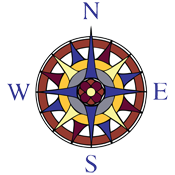Registration for Summer Workshops opened on Tuesday, March 12 for dozens of 1, 2, and 3-day workshops for students in K-12. All students are welcome to enroll in summer workshops, whether current or former Compass students, other homeschoolers, soon-to-be homeschoolers, or students who attend traditional schools in the school year.
Elementary Middle School High School| Advanced Search | |||
Subject: Type/Term: |
Grade Range: Min grade:
Max grade:
|
Time Day |
|
| Term | Start Date | Start Time | End Time | Day | Class Title | Grade Range | Open Spots | Price | Availability | Description |
|---|

